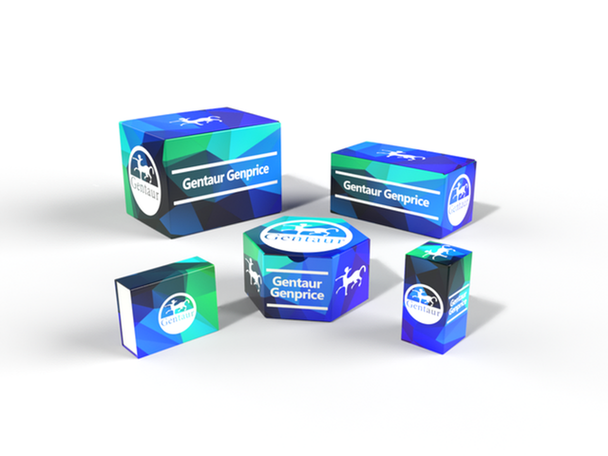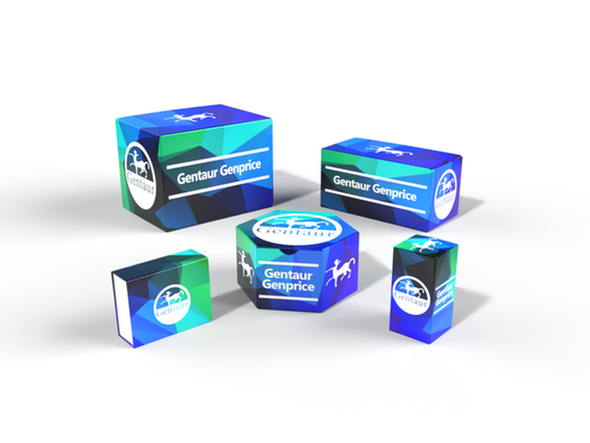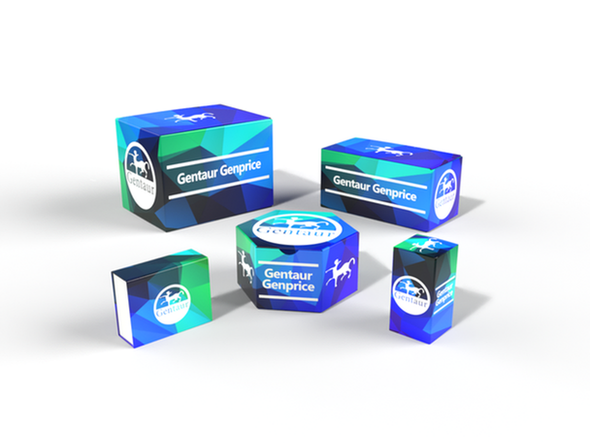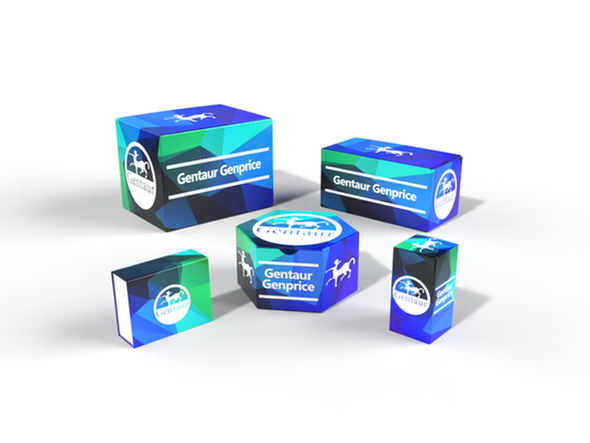Description
ACCN3 Antibody | 28-249 | Gentaur UK, US & Europe Distribution
Host: Rabbit
Reactivity: Human
Homology: N/A
Immunogen: Antibody produced in rabbits immunized with a synthetic peptide corresponding a region of human ACCN3.
Research Area: Membrane, Signal Transduction
Tested Application: E, WB, IHC
Application: ACCN3 antibody can be used for detection of ACCN3 by ELISA at 1:62500. ACCN3 antibody can be used for detection of ACCN3 by western blot at 2.5 μg/mL, and HRP conjugated secondary antibody should be diluted 1:50, 000 - 100, 000.
Specificiy: N/A
Positive Control 1: Cat. No. XBL-10408 - Fetal Kidney Tissue Lysate
Positive Control 2: N/A
Positive Control 3: N/A
Positive Control 4: N/A
Positive Control 5: N/A
Positive Control 6: N/A
Molecular Weight: 58 kDa
Validation: N/A
Isoform: N/A
Purification: Antibody is purified by protein A chromatography method.
Clonality: Polyclonal
Clone: N/A
Isotype: N/A
Conjugate: Unconjugated
Physical State: Liquid
Buffer: Purified antibody supplied in 1x PBS buffer with 0.09% (w/v) sodium azide and 2% sucrose.
Concentration: batch dependent
Storage Condition: For short periods of storage (days) store at 4˚C. For longer periods of storage, store ACCN3 antibody at -20˚C. As with any antibody avoid repeat freeze-thaw cycles.
Alternate Name: ACCN3, ACCN3, TNaC1, DRASIC, SLNAC1
User Note: Optimal dilutions for each application to be determined by the researcher.
BACKGROUND: ACCN3 encodes a member of the degenerin/epithelial sodium channel (DEG/ENaC) superfamily. The members of this family are amiloride-sensitive sodium channels that contain intracellular N and C termini, two hydrophobic transmembrane regions, and a large extracellular loop, which has many cysteine residues with conserved spacing. ACCN3 encodes a member that is an acid sensor and may play an important role in the detection of lasting pH changes. In addition, a heteromeric association between this member and ACCN1 has been observed as proton-gated channels sensitive to gadolinium.




![ACCN3 Antibody (N-term) [APG03113G] ACCN3 Antibody (N-term) [APG03113G]](https://cdn11.bigcommerce.com/s-1rdwiq712m/images/stencil/590x590/products/57144/57448/gentaur-genprice__26005.1661610467__29809.1661628092__75433.1661676199__77988.1661684280__64362.1661692443__43701.1661853751.png?c=1)

